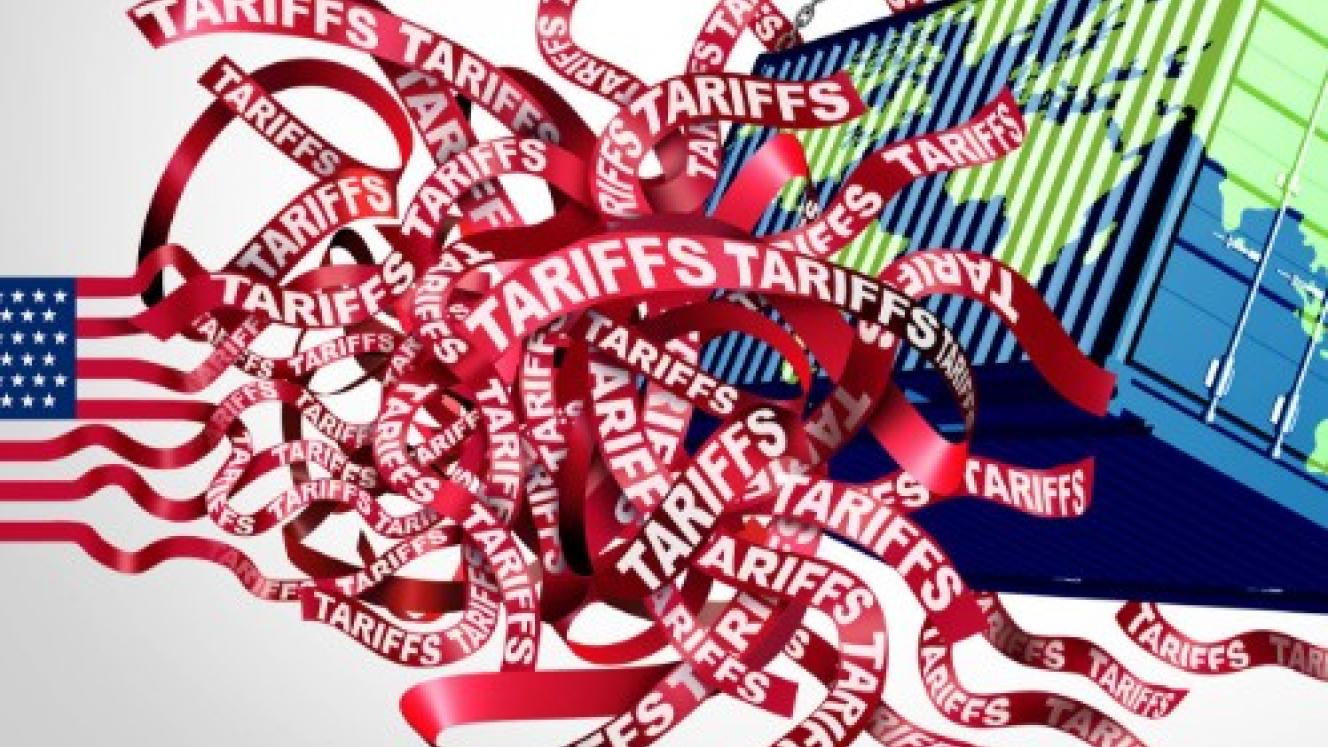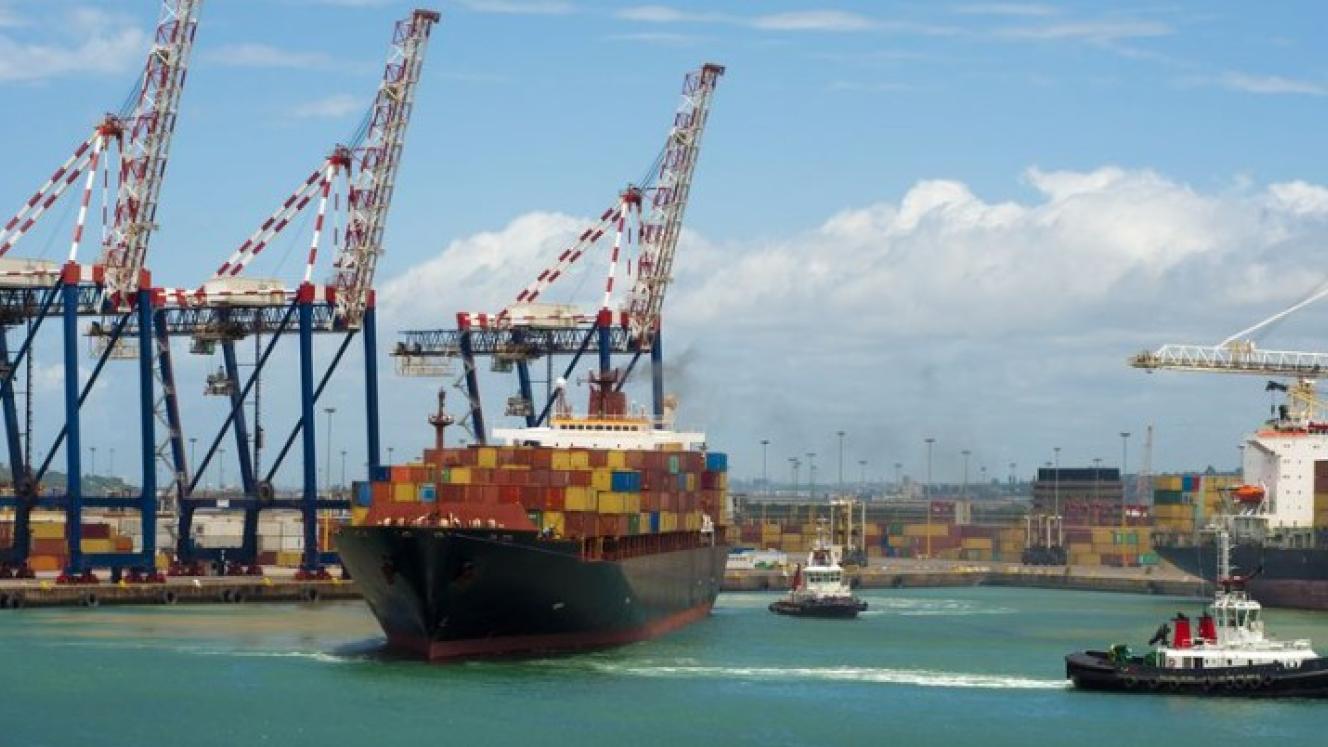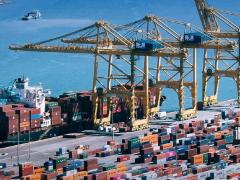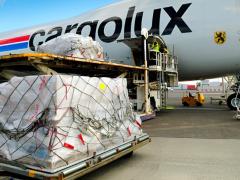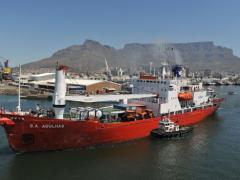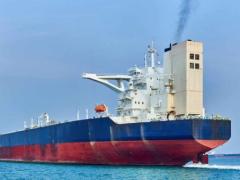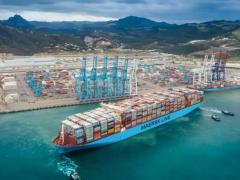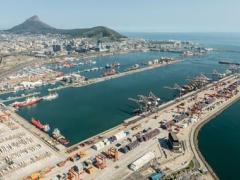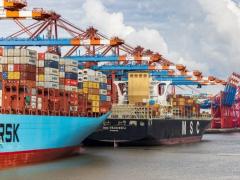The most significant consequence of the 30% tariff the United States will likely impose on South African exports come Friday will be a further blow to the country’s already fragile economic growth, economist Dawie Roodt cautions.
While the immediate, direct effects of this tariff remain uncertain, Roodt noted during an appearance on OntbytSake that the long-term implications for the economy were likely to be far more damaging.
Although markets and analysts have developed an idea of which sectors will suffer most, the full consequences depend on how the situation evolves in the coming months, Business Tech reports.
According to Roodt, the tariff is technically applied to goods as they enter the US market, meaning the financial burden will fall on American importers and consumers. However, this does not shield South African producers from harm.
He emphasised that the primary impact for South Africa would emerge through pricing competitiveness, a point reiterated by several local exporters fearing local goods would become too costly in the US.
Roodt suggested that South African exporters might face pressure to reduce their prices to remain competitive, though it is also possible that US buyers will simply absorb the higher costs. The outcome of this dynamic, he added, would determine the extent and location of inflationary pressures.
The US currently accounts for around 8% of South Africa’s export market, making it the country's second-largest trade partner. Key exports to the US include precious metals (34%), vehicles and aircraft (17.3%), and iron and steel (16.6%). Agricultural goods make up 4.6% of exports, increasing to 7.8% when processed foodstuffs are considered, Business Tech writes.
While approximately 37% of these exports – mainly critical minerals and resources – are exempt from the new tariffs, significant sectors like automotive and agriculture are expected to be adversely affected. These industries have already raised concerns and are urging the South African government to take action ahead of the August deadline.
Despite the concerns, Roodt remarked that the overall impact of the tariffs might turn out to be relatively modest in isolation. However, he warned that their true significance lay in how they contributed to the broader trend of economic stagnation. He pointed out that South Africa had endured over a decade of weak and declining economic growth, a situation that continued to deteriorate.
Earlier in the year, forecasts suggested that South Africa’s GDP could grow by about 2% in 2025. Yet, Roodt noted that with each new data release, these projections were steadily revised downward. His own expectation is that the country will achieve only 0.8% growth next year – well below initial estimates.
